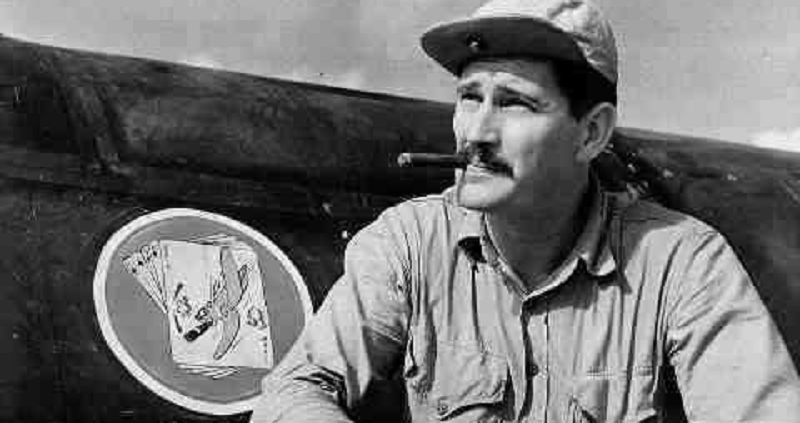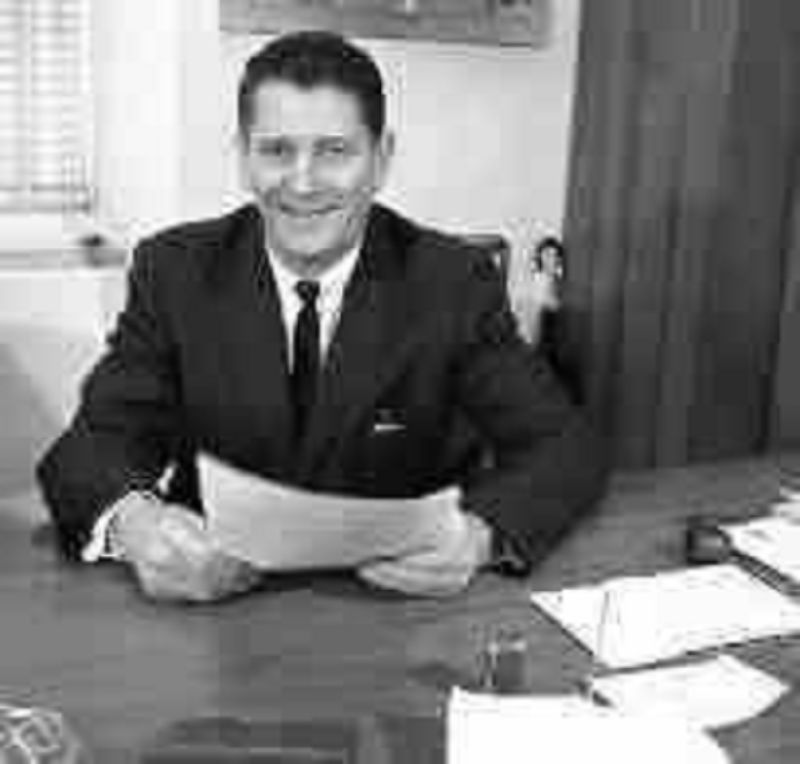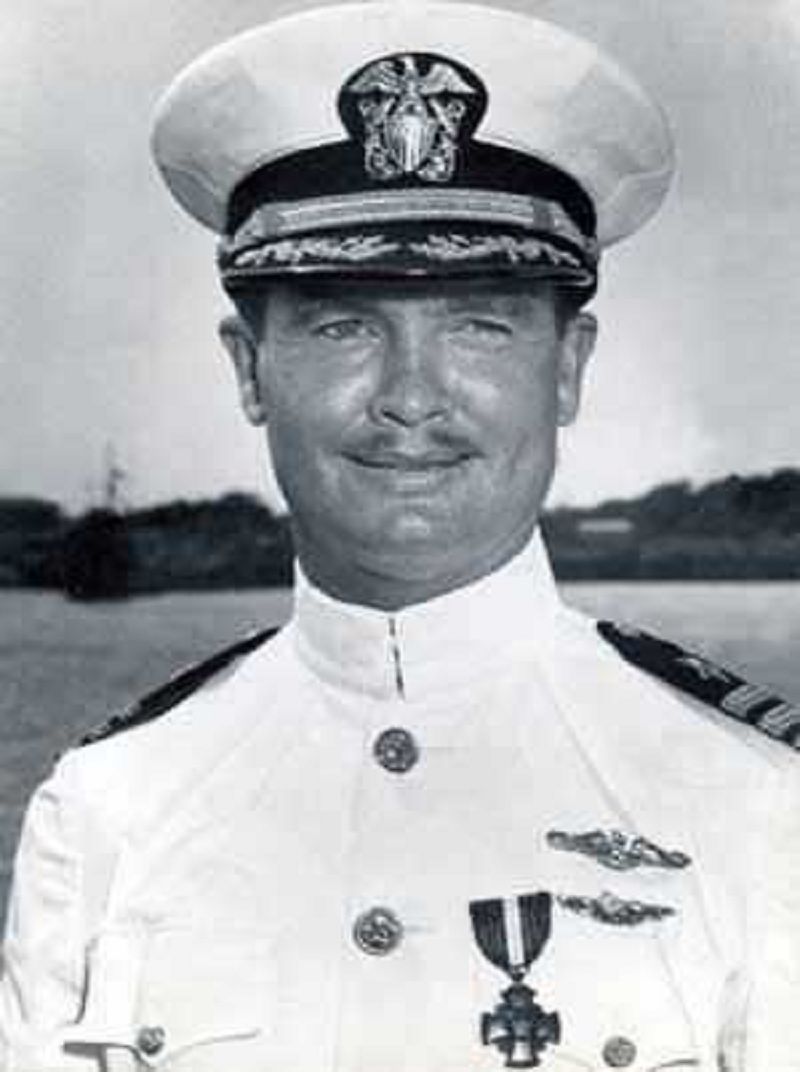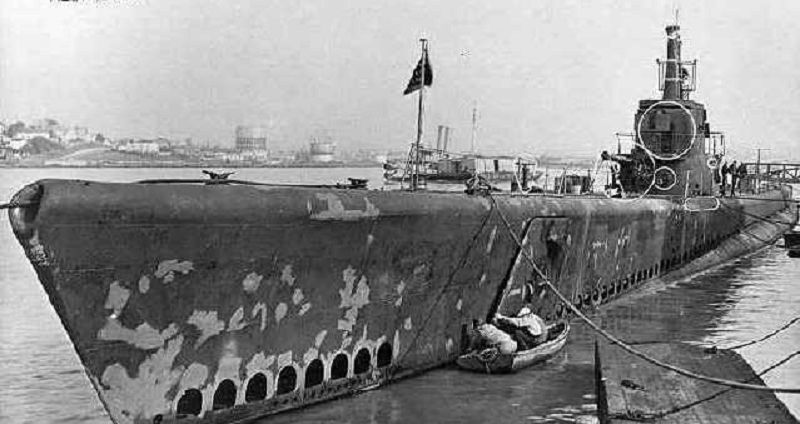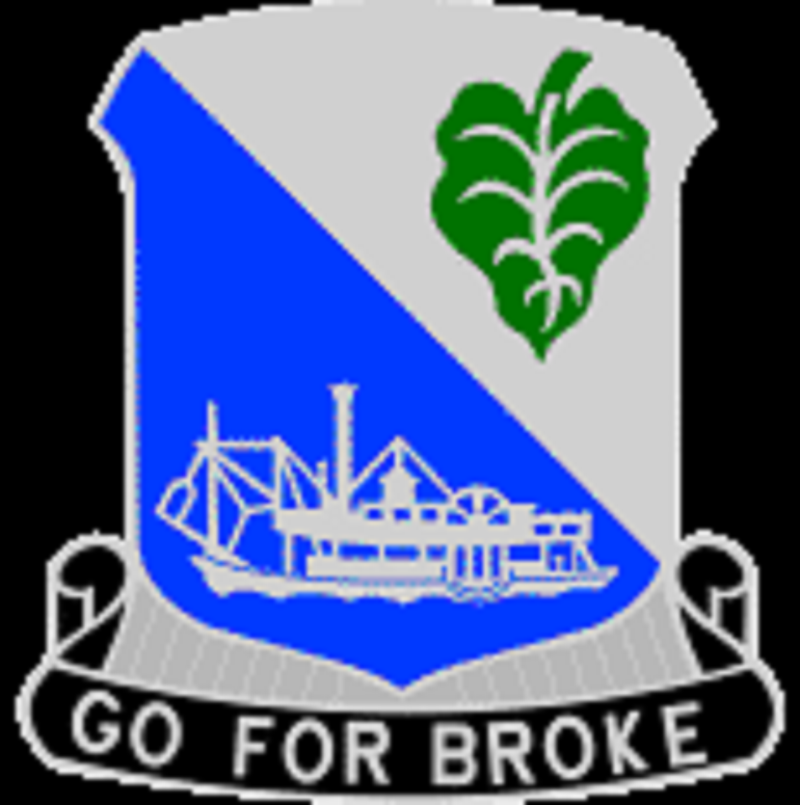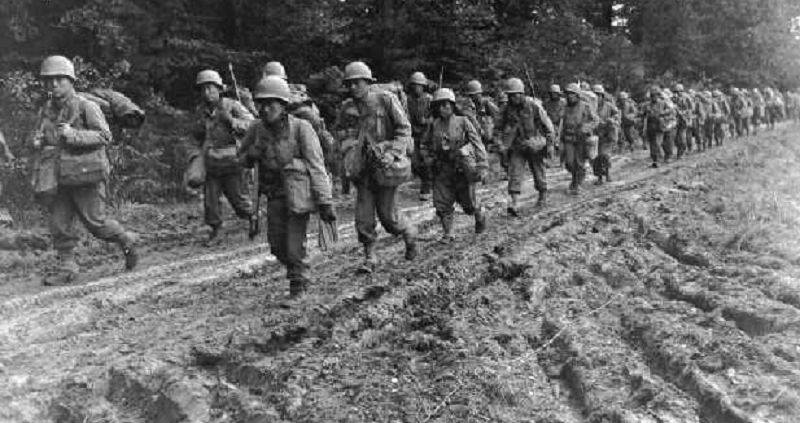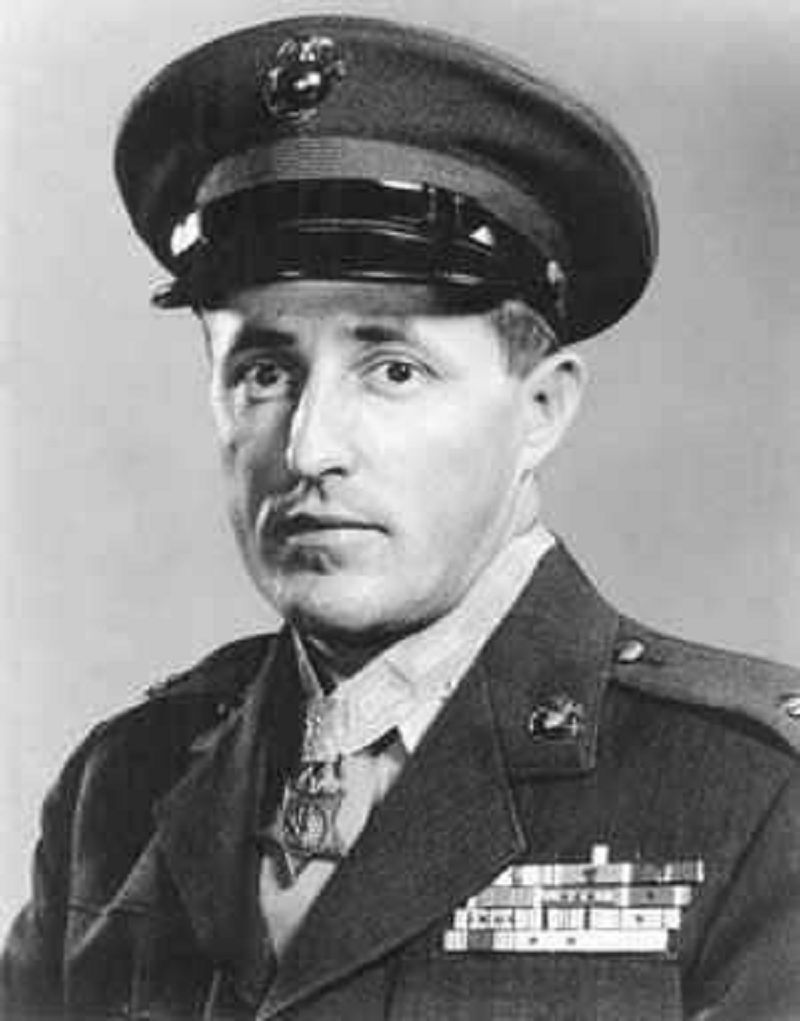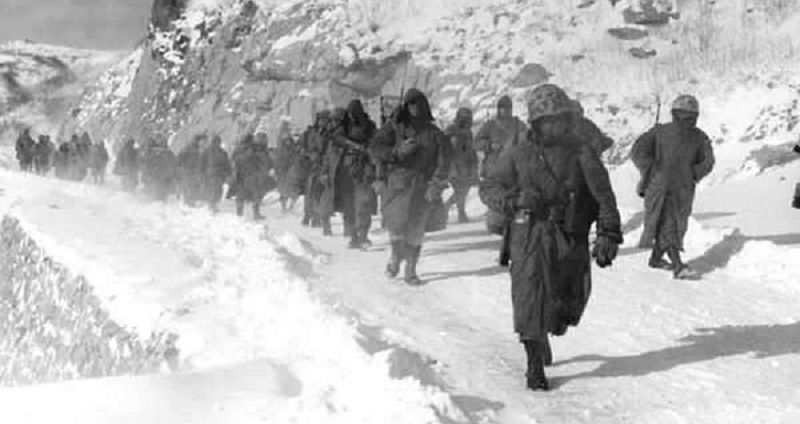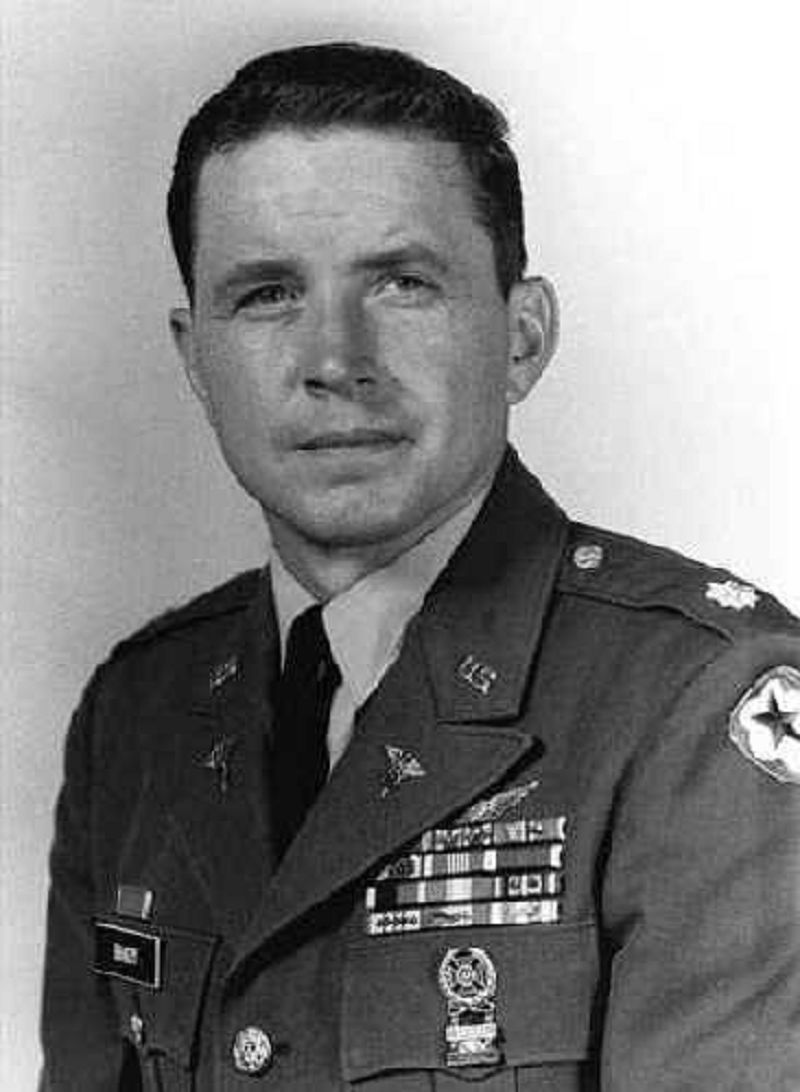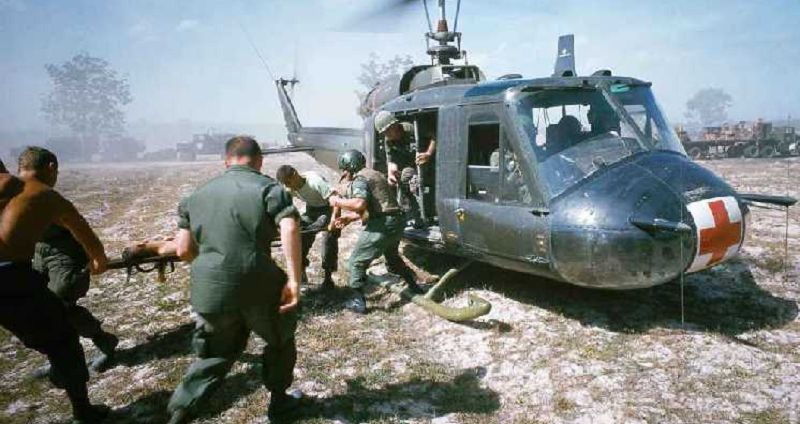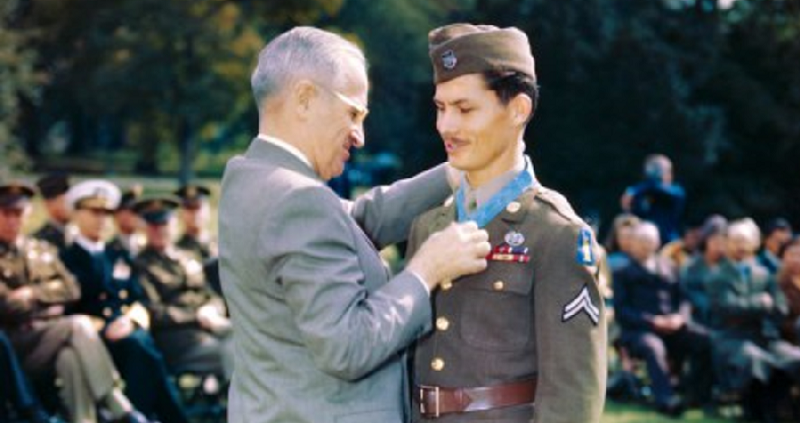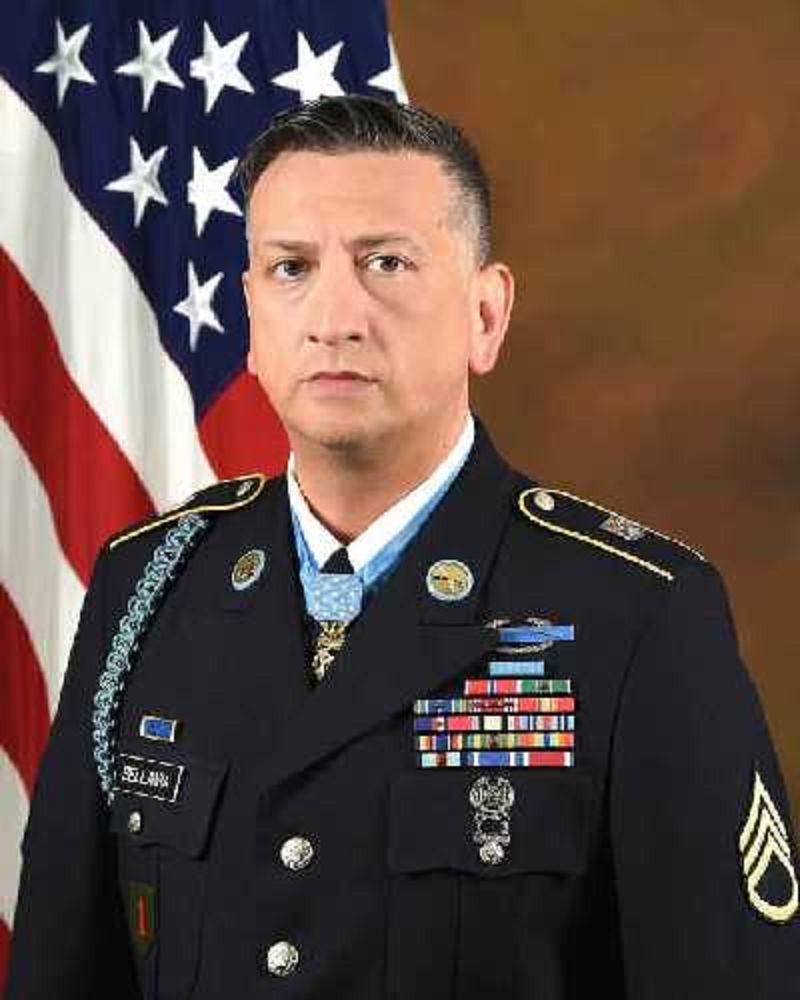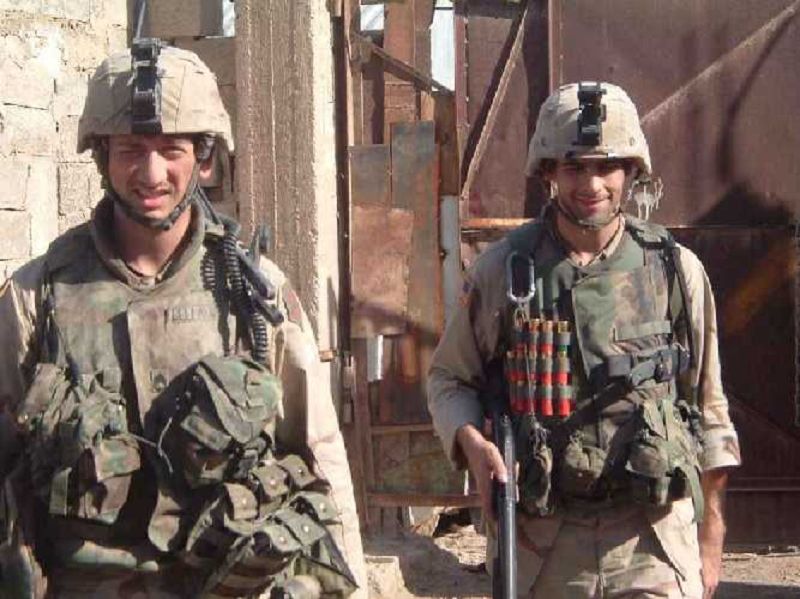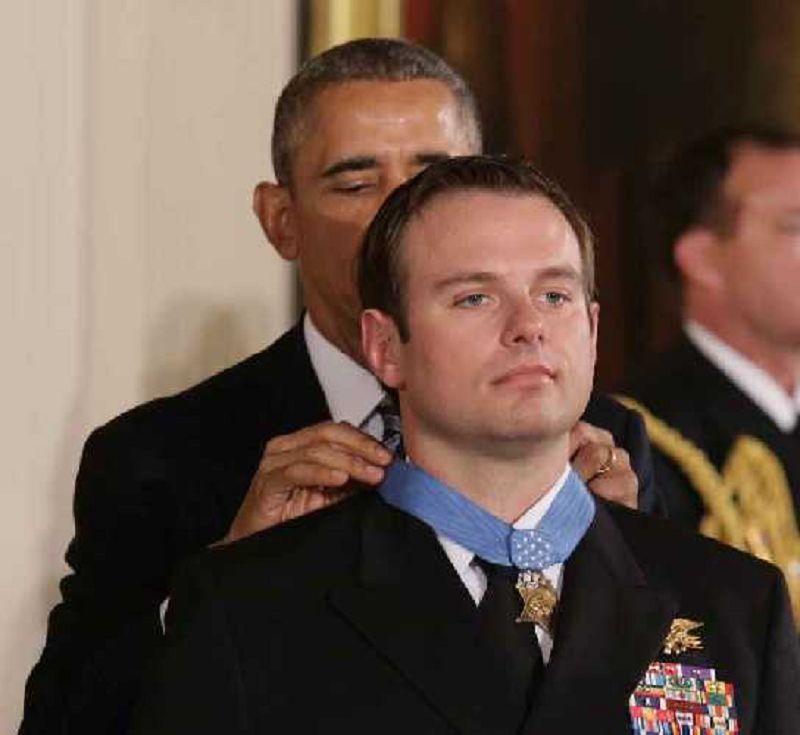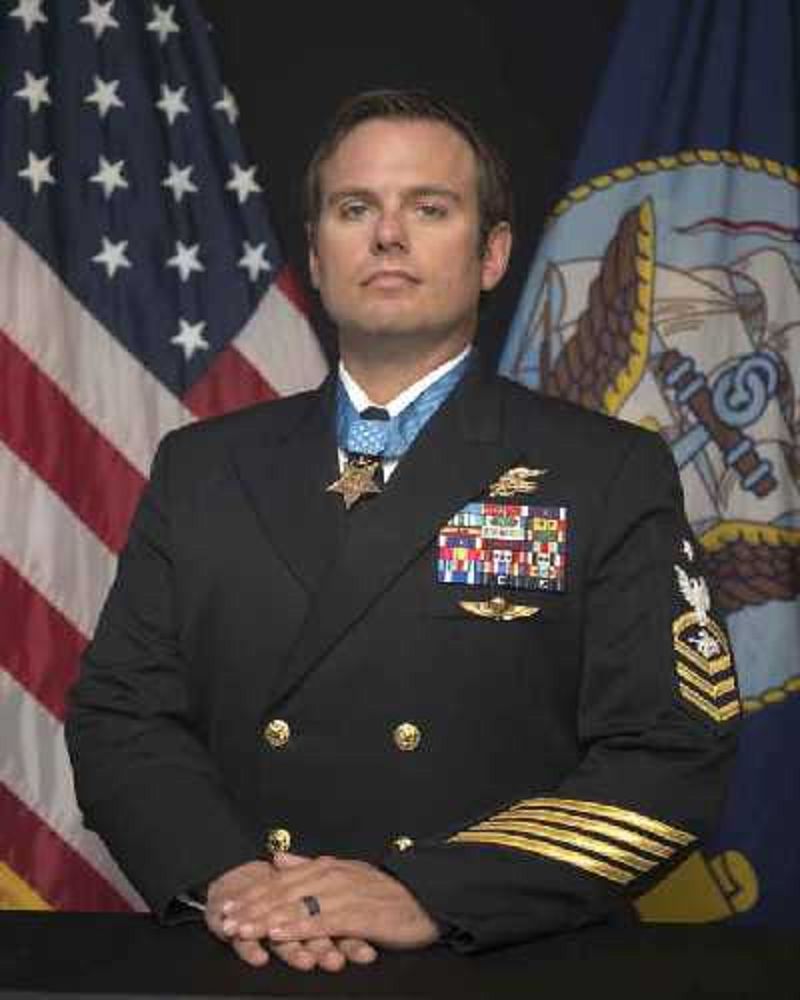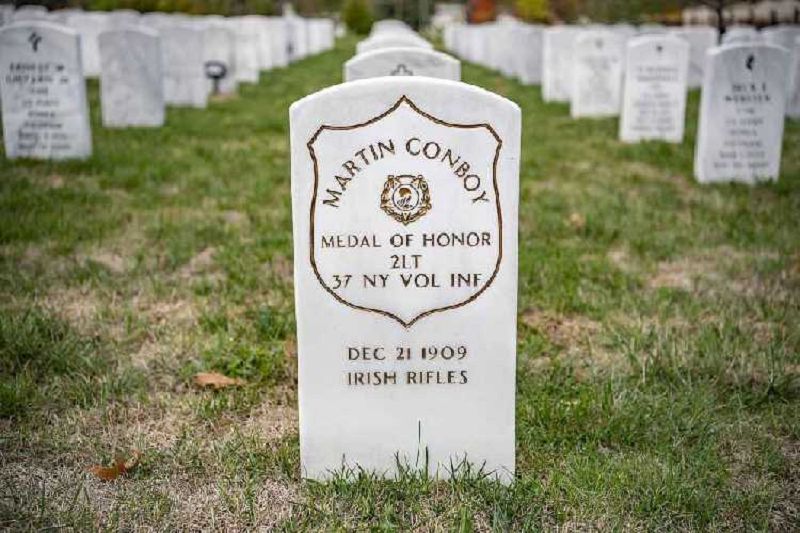Medal of Honor Quiz
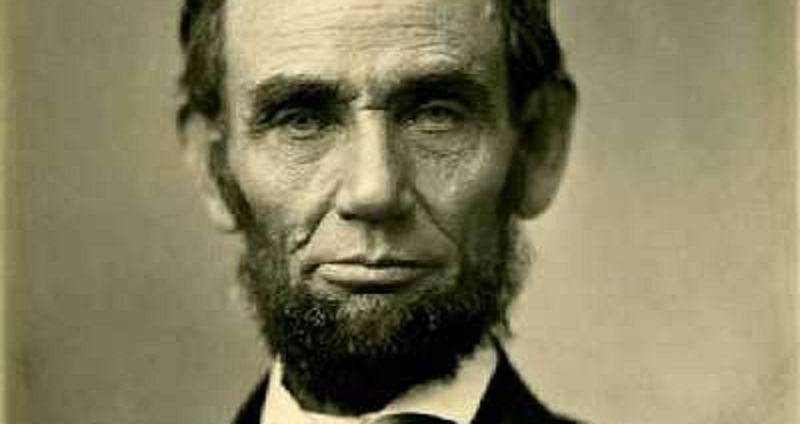
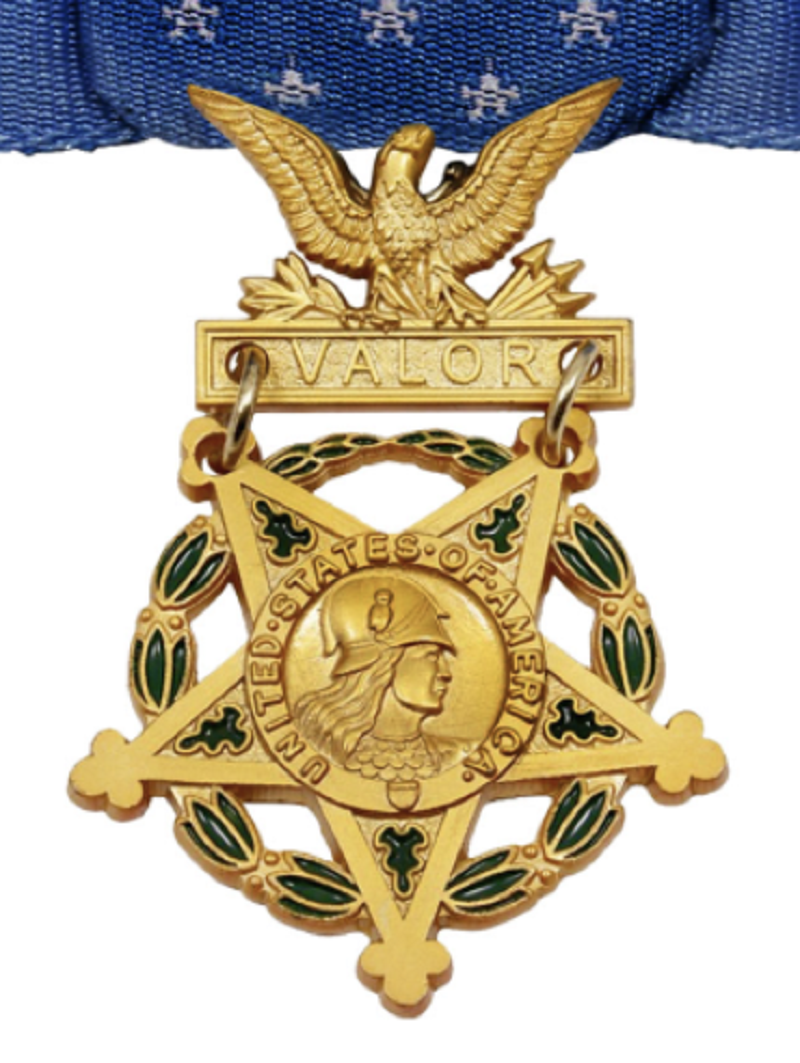
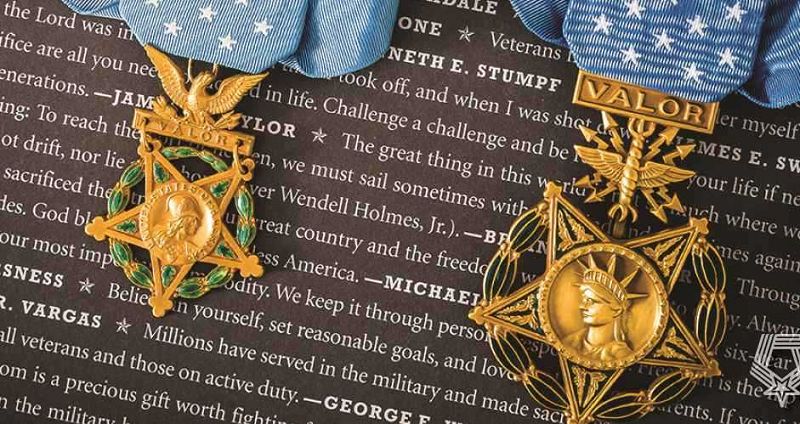
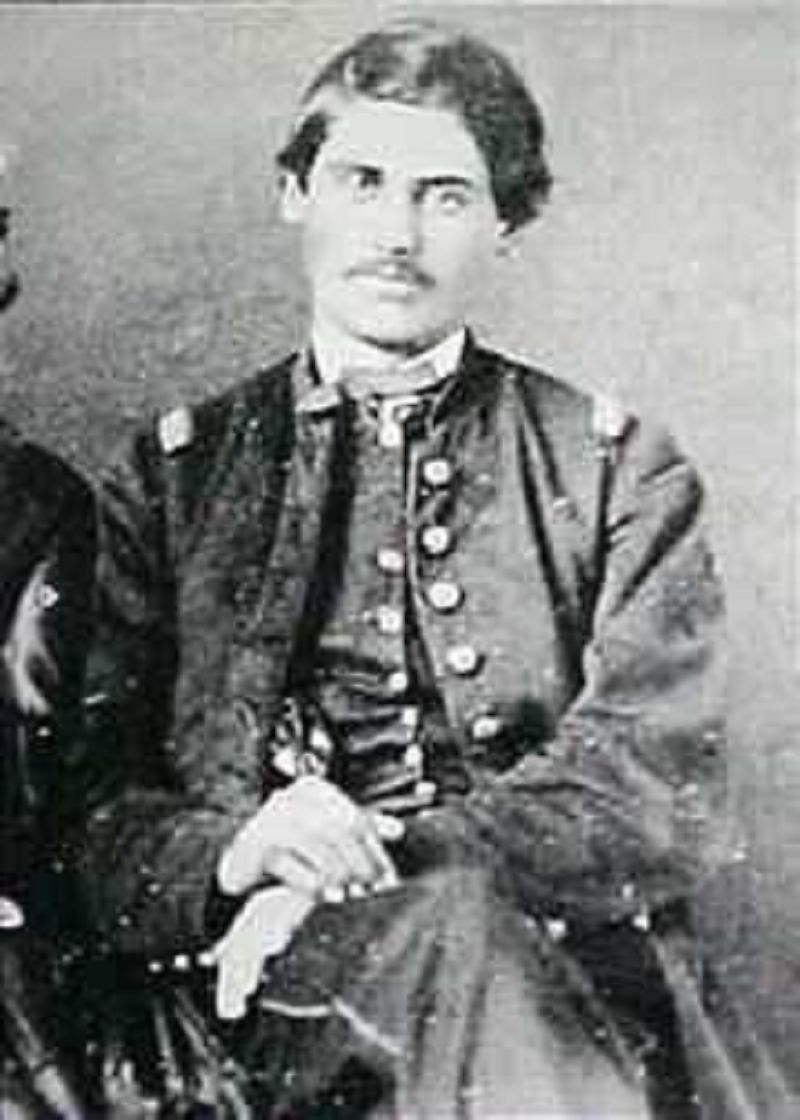
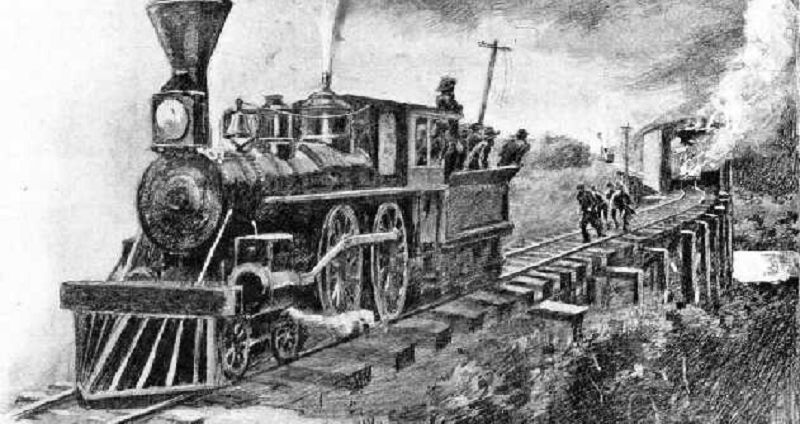
On April 12, 1862, two civilians and 22 volunteer Union soldiers, including Private Jacob Parrott, stole a Confederate locomotive near Big Shanty, Georgia and attempted to drive to the engine to the Union lines near Chattanooga, Tennessee. "Andrew’s Raiders" did successfully steal the engine, General, but were eventually captured by pursuing Confederates. Eight of the raiders, including the two civilians, were hung as spies and the rest of the Union soldiers were imprisoned. After being exchanged and released, Secretary of War Edwin Stanton authorized the Medal of Honor for six of the surviving soldiers. Private Jacob Parrott was the first to receive his medal - the first ever presented - on March 25, 1863. Thirteen others from the raid would later receive the Medal of Honor.
On April 12, 1862, two civilians and 22 volunteer Union soldiers, including Private Jacob Parrott, stole a Confederate locomotive near Big Shanty, Georgia and attempted to drive to the engine to the Union lines near Chattanooga, Tennessee. "Andrew’s Raiders" did successfully steal the engine, General, but were eventually captured by pursuing Confederates. Eight of the raiders, including the two civilians, were hung as spies and the rest of the Union soldiers were imprisoned. After being exchanged and released, Secretary of War Edwin Stanton authorized the Medal of Honor for six of the surviving soldiers. Private Jacob Parrott was the first to receive his medal - the first ever presented - on March 25, 1863. Thirteen others from the raid would later receive the Medal of Honor.
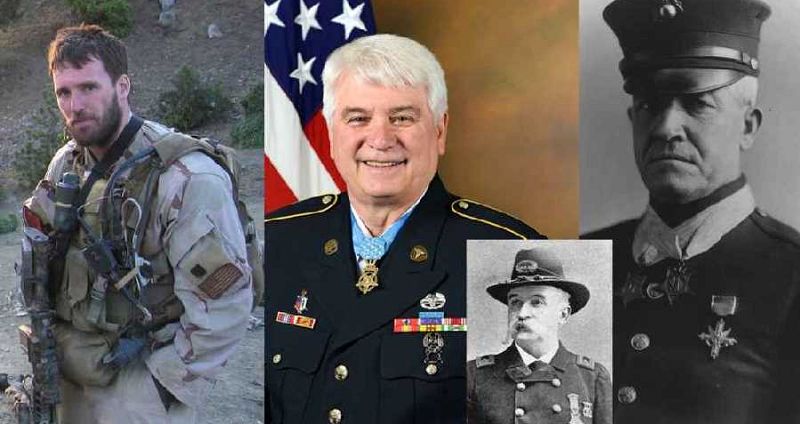
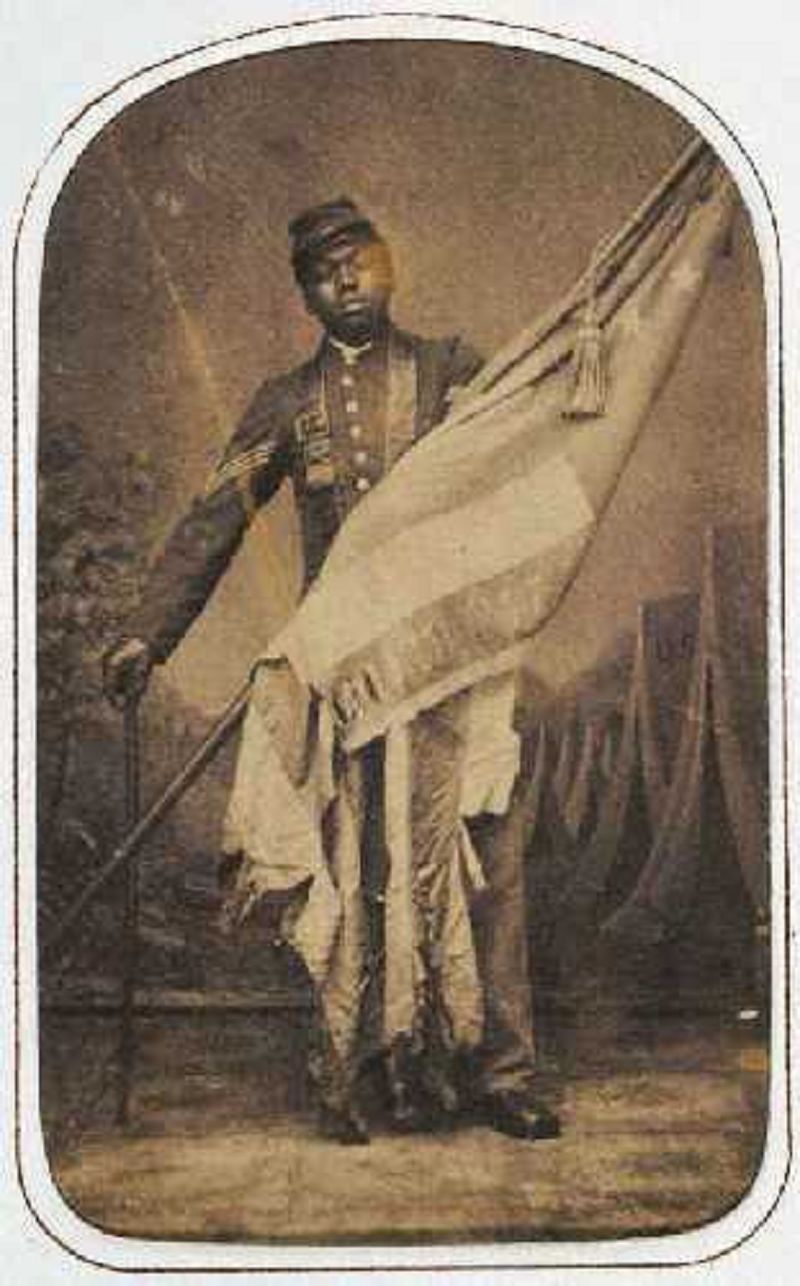
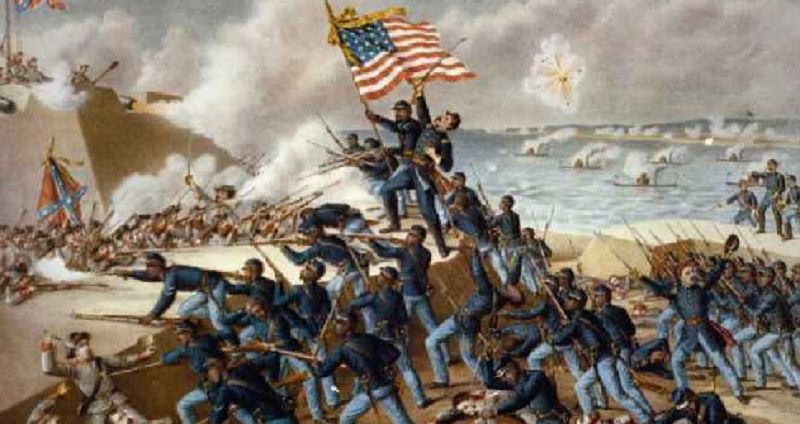
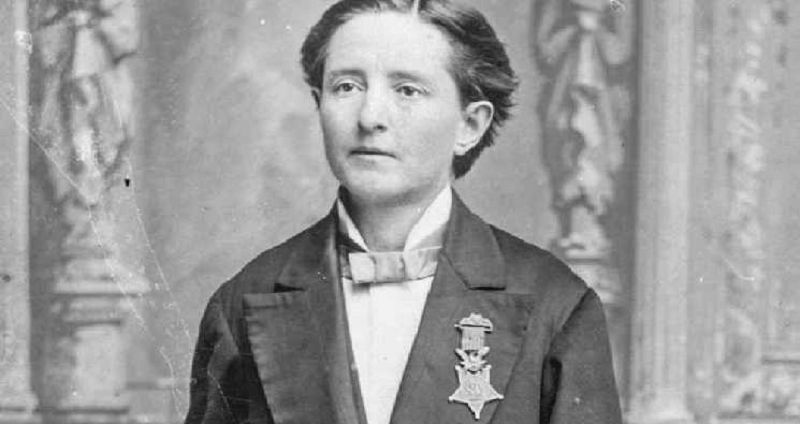
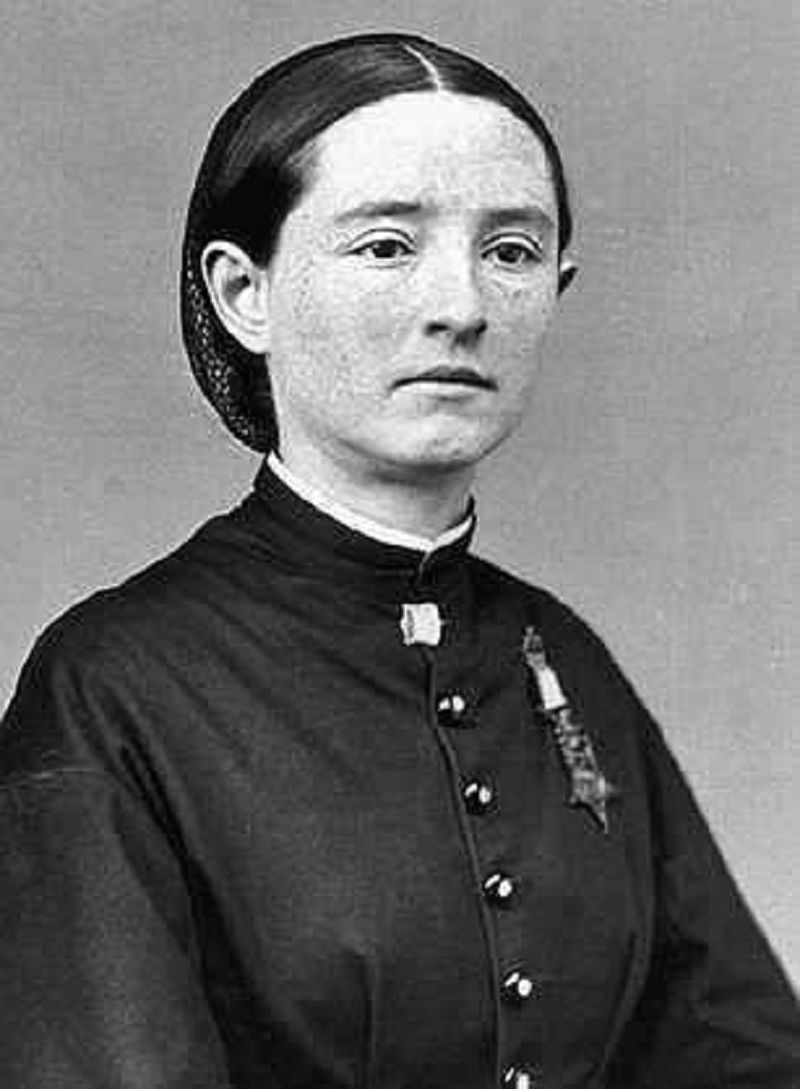
Mary Walker, M.D. Volunteered to be an Army surgeon at the outbreak of the American Civil War, but the Union Army rejected her due to her gender. Undeterred, Walker performed nursing duties and later acted as unpaid surgeon near the Union front lines. On April 10, 1864 Walker was captured by Confederate troops and sent to Castle Thunder in Richmond, Virginia where she was later exchanged for Confederate troops. Dr. Walker was awarded the Medal of Honor after the war, but the award was later rescinded in the 1917 review of past recipients. It was only later, during the Jimmy Carter administration, that the Medal of Honor was reinstated for Walker.
Mary Walker, M.D. Volunteered to be an Army surgeon at the outbreak of the American Civil War, but the Union Army rejected her due to her gender. Undeterred, Walker performed nursing duties and later acted as unpaid surgeon near the Union front lines. On April 10, 1864 Walker was captured by Confederate troops and sent to Castle Thunder in Richmond, Virginia where she was later exchanged for Confederate troops. Dr. Walker was awarded the Medal of Honor after the war, but the award was later rescinded in the 1917 review of past recipients. It was only later, during the Jimmy Carter administration, that the Medal of Honor was reinstated for Walker.
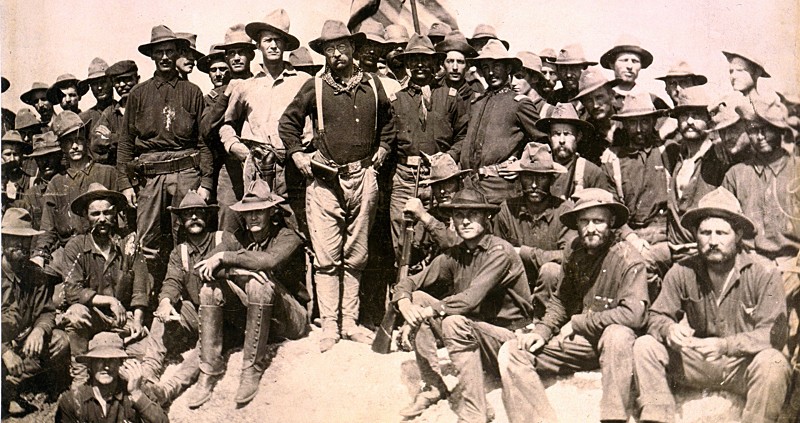
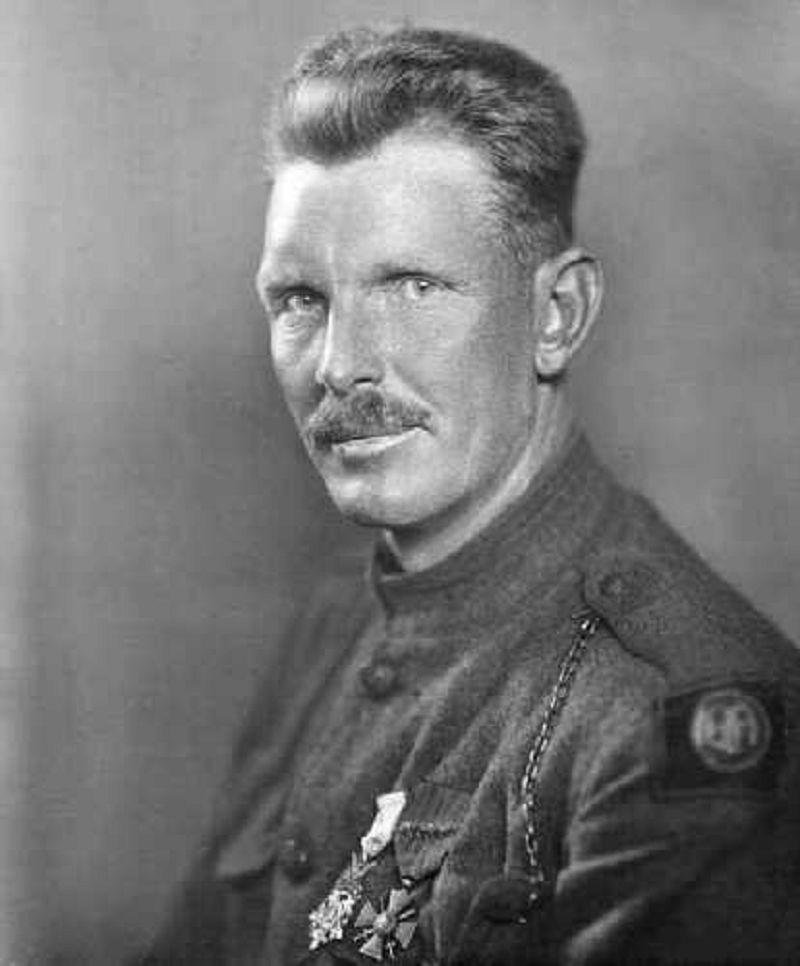
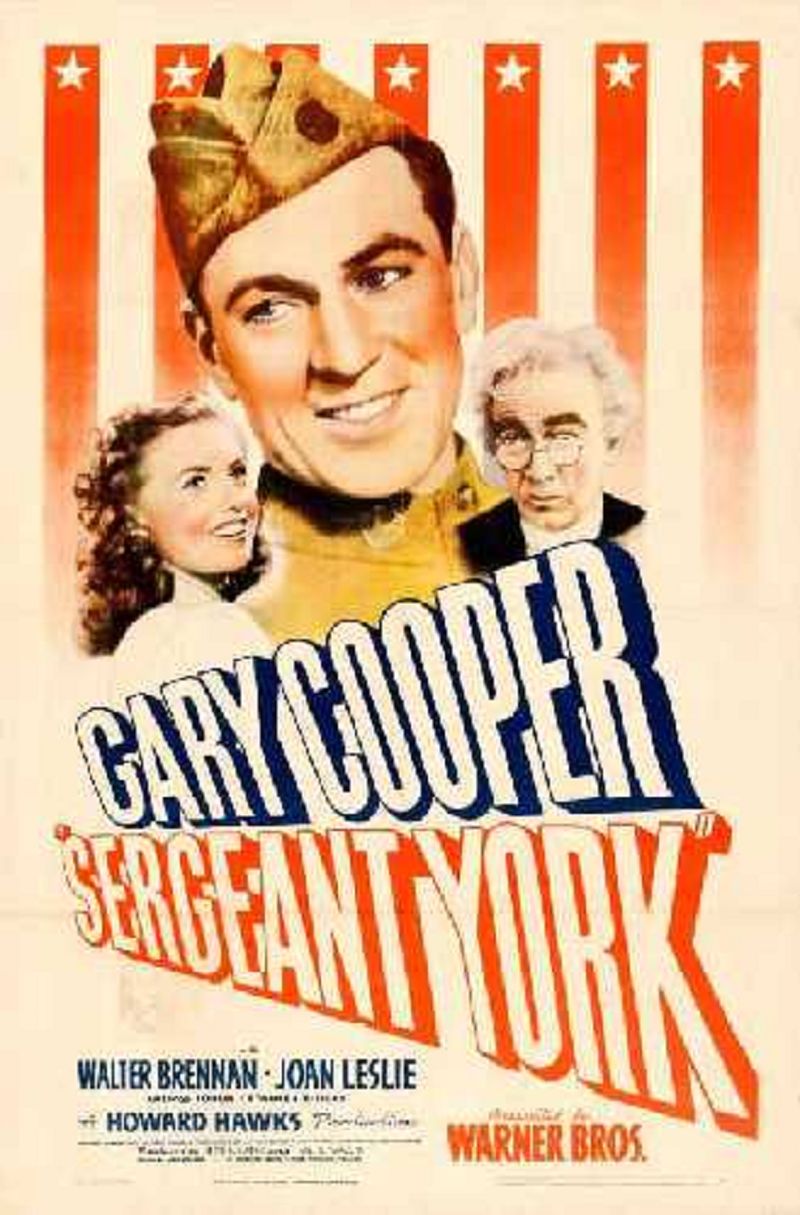
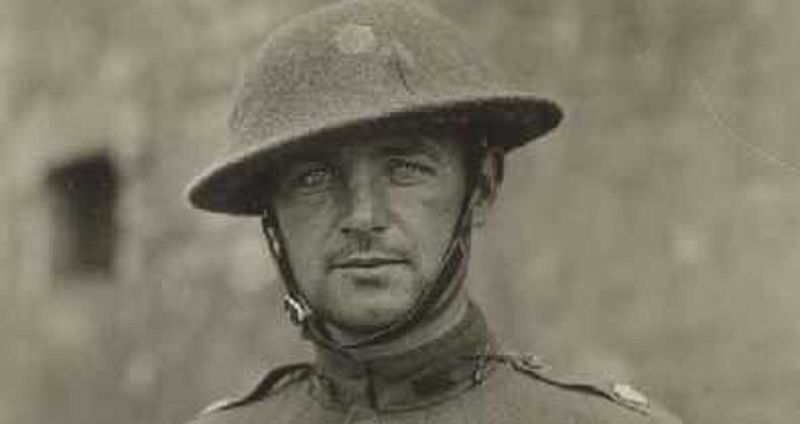
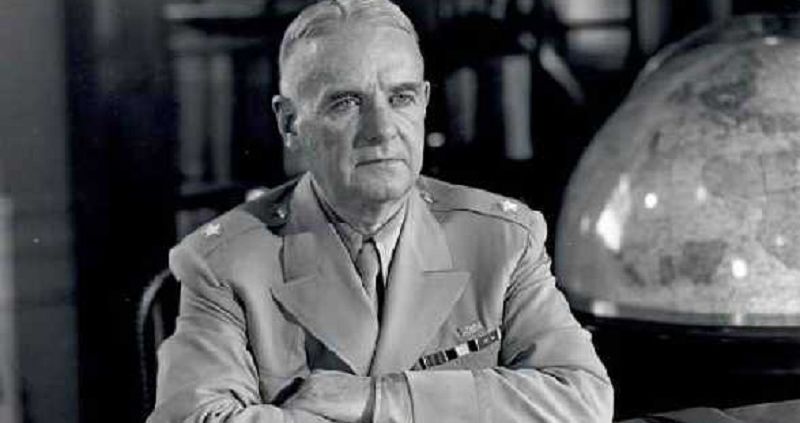
At the outset of World War II, President Roosevelt asked Donovan to form a spy-intelligence unit later called the Office of Strategic Services (OSS). The OSS was the precursor to the Central Intelligence Agency.
At the outset of World War II, President Roosevelt asked Donovan to form a spy-intelligence unit later called the Office of Strategic Services (OSS). The OSS was the precursor to the Central Intelligence Agency.
